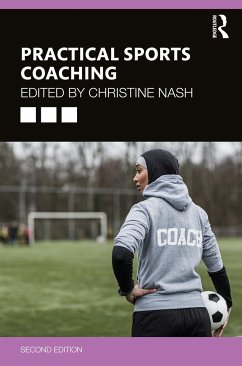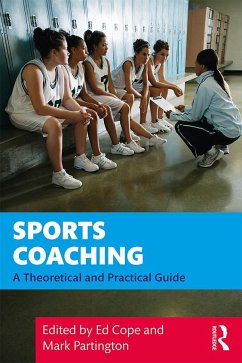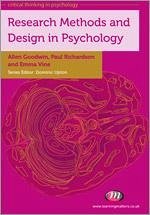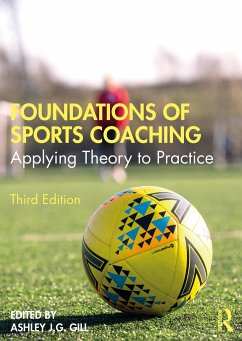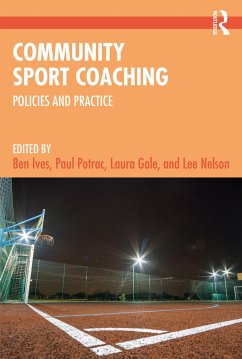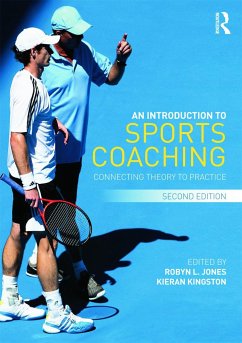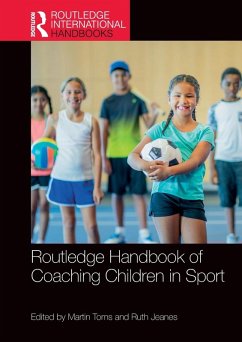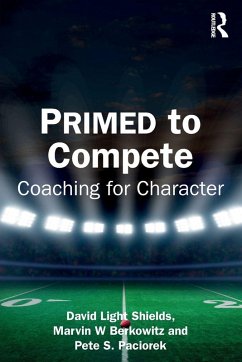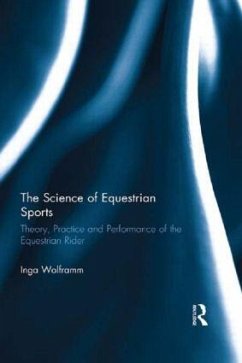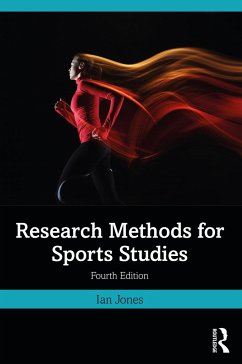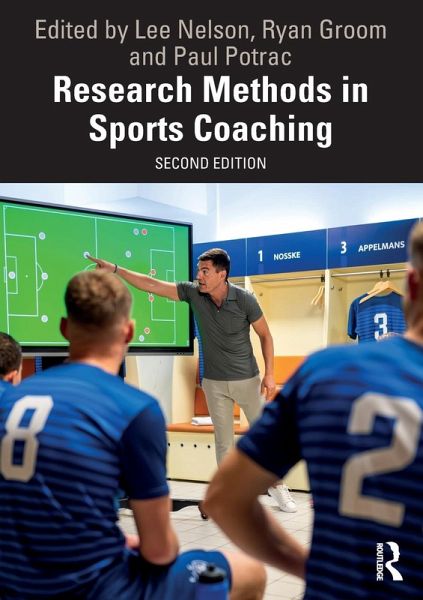
Research Methods in Sports Coaching
Versandkostenfrei!
Versandfertig in 1-2 Wochen
61,99 €
inkl. MwSt.

PAYBACK Punkte
31 °P sammeln!
Research Methods in Sports Coaching is a key resource for students and scholars completing research into sports coaching. This revised edition places emphasis on introducing the diverse research paradigms, research designs, as well as methods of data collection and analysis available to researchers.





